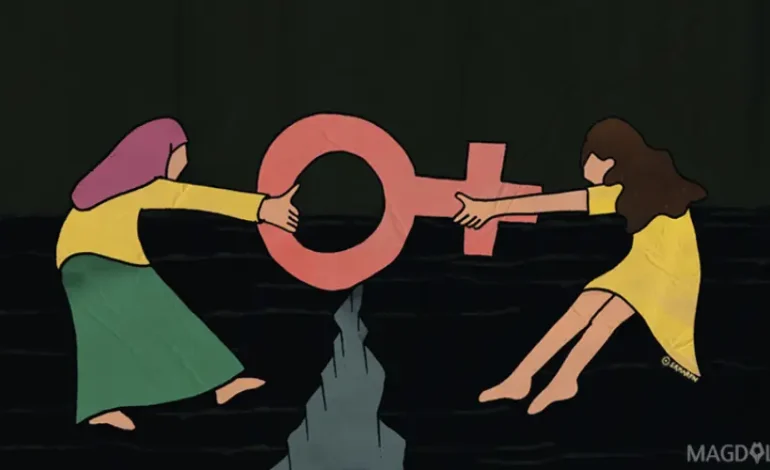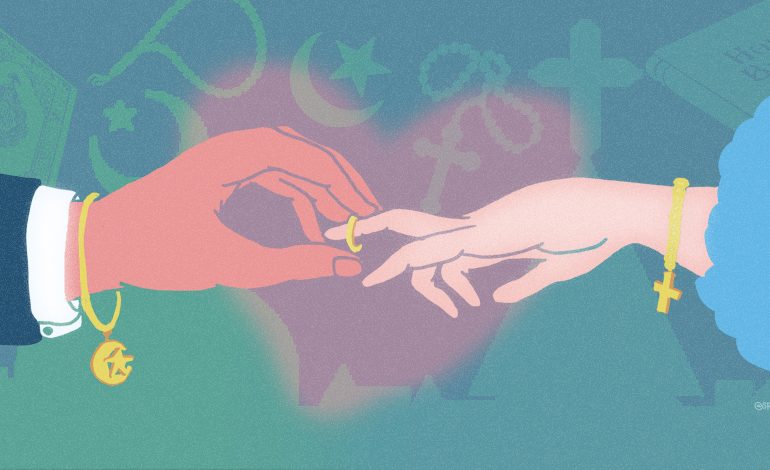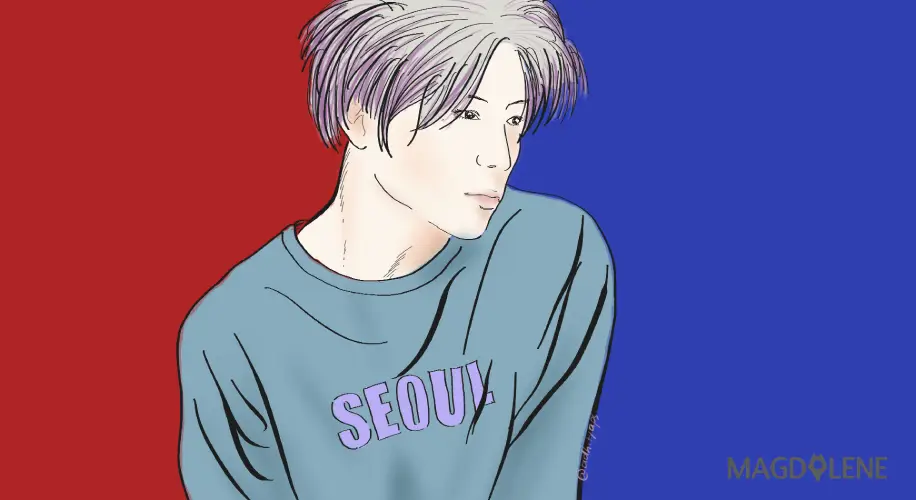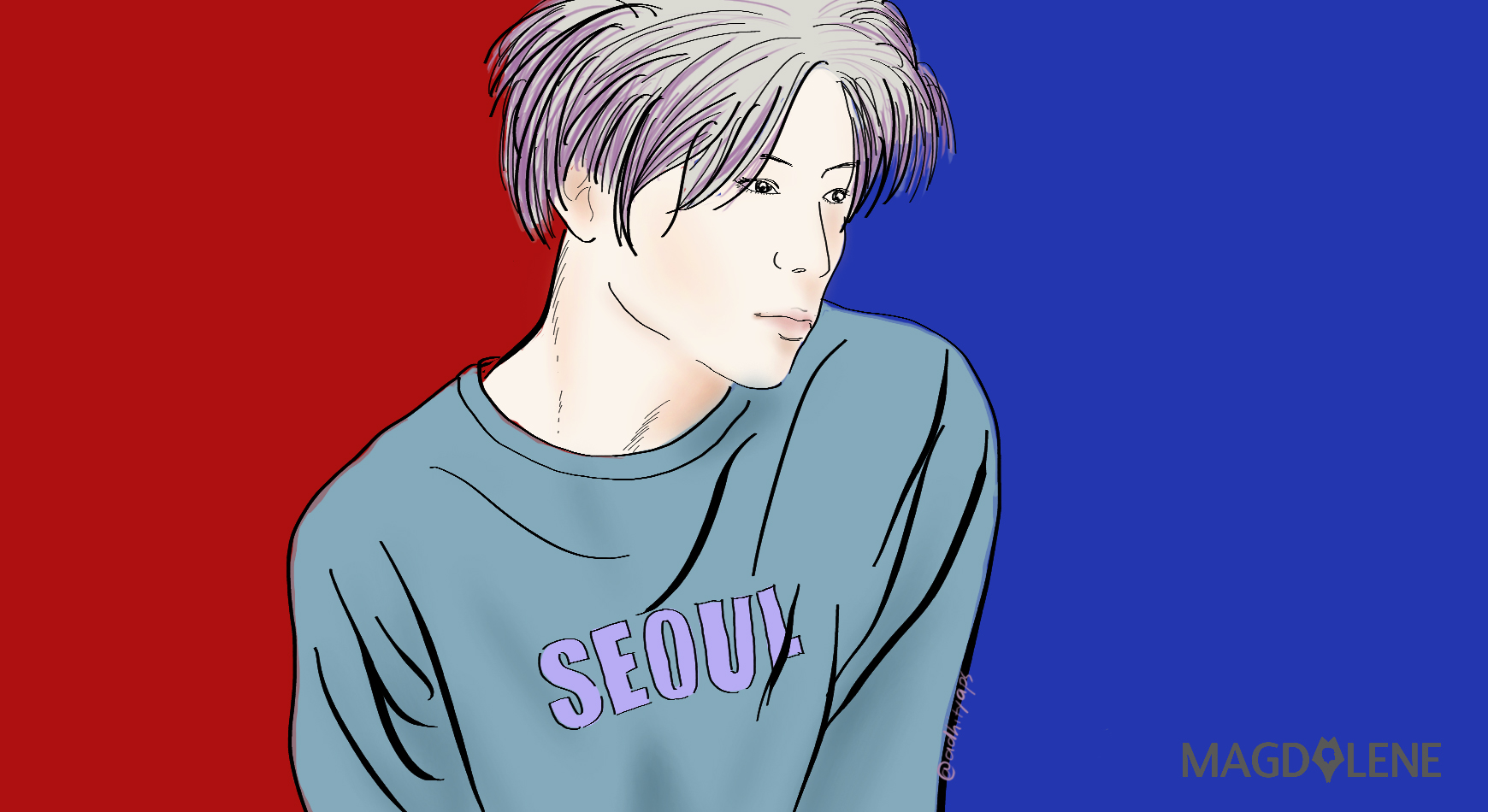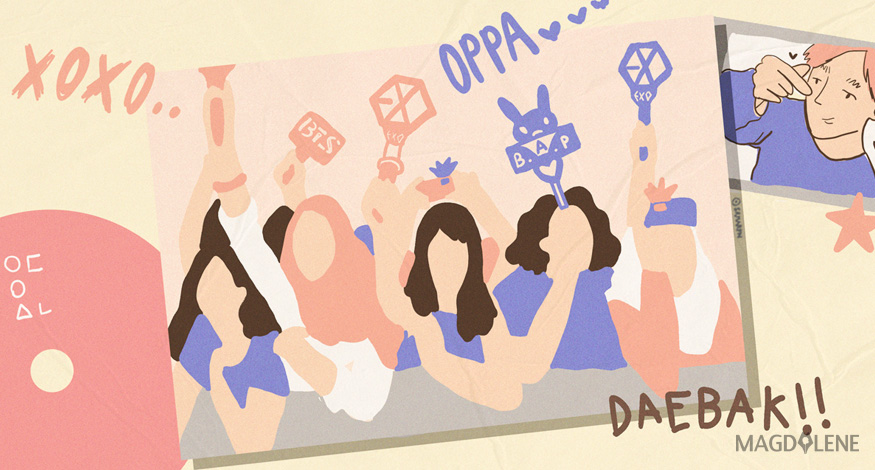The Extreme Pressure Behind the Glamourous K-Pop Industry
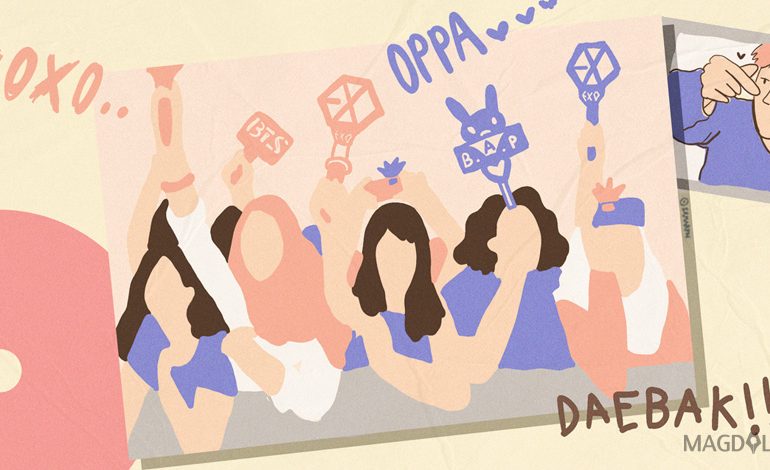
Not long after it was announced that Mina, member of the Korean girl band TWICE won’t be participating in the band’s Japanese comeback schedule due to health issues, management company JYP Entertainment revealed that the star won’t be participating in the rest of the group’s world tour due to extreme anxiety and insecurity.
Fans were left shocked. What they thought was a physical struggle turned out to be a mental struggle that will certainly take longer to treat. Apparently, she never showed any struggle prior to the announcement. The thing is, though, it was never an option for a K-Pop idol to talk about their mental state. Discussing mental health struggles is still a taboo within the industry.
According to a report by Korea Foundation, Hallyu Wave or Korean pop culture phenomenon has nearly 90 million fans worldwide. At the heart of it is K-Pop, which plays a major role in the rising prominence of South Korean pop culture globally, thanks to its intricate performance, going from a catchy beat, slick choreography, to high production value.
Their synchronization and singing stability do not happen overnight, however. K-Pop idols have to go through years of training to survive the competition. This naturally makes K-Pop a high-pressure industry from the very start.
K-Pop idols begin their careers in an audition process, competing with hundreds of people sharing similar dreams. After passing it, they will sign a contract and officially become a trainee of the company. The contract is more of a preventive measure in case a trainee decides to quit along the way. The company usually invests a large sum of money for their living expenses, accommodation, and their training, so a contract, in a way, is a warning that a trainee might have to pay a large sum back to the company when they quit, as a collateral to their decision.
Even after signing a contract, they would still have to compete against trainees for a chance to kickstart their musical career, so they take singing, dancing, acting, and even language classes even while going to school during the day. Their progress and performance are evaluated monthly. There is no room for mistakes, lest their spots would be taken by others.
The pressure for idols doesn’t just end after they officially debut, they will still be pressured to maintain a certain look through an extreme diet while juggling practices, producing albums, filming commercials, doing photoshoots, and appearing on variety shows. Oftentimes idols reach a point of physical exhaustion but are not able to show it for the sake of appearing “professional.”
It doesn’t help that Korean netizens value public image very highly, always a click away from making judgmental comments. One slipup could take a toll on their career. This creates another type of pressure for them.
A psychiatrist at Asian Medical Center, Kim Byung-soo, who has several celebrities under his care, said in an interview with The Korea Herald that emotional instability and separation of identity are usually the major causes for idols’ depression. Being a celebrity means living with two identities: “social” and “real” ones. As their fame grows, it creates an unbalanced growth of their “social” persona under the pressure of appearing perfect to the public’s eyes. They may end up losing their “real” selves in the process, causing them to rely heavily on their feigned personality instead, and making them crave validation from others to function in life.
Adding to that, Kim believed that despite being always surrounded by crowds, idols usually have limited and narrow relationships due to an underlying fear that people will only like them for their reputation. This makes them feel lonely and detached from even their closest friends or family. The feeling of isolation is another tell-tale sign of depression.
Read more: When a K-Pop Star’s Death Opens Up a Can of Worms
Although being more susceptible to depression, celebrities often have limited access to proper treatment. Kim added that their hesitance in visiting mental clinics is mostly due to fear of being recognized. While some major K-pop agencies supposedly have in-house counselors, some idols are better at hiding their mental illness and it would remain unidentified.
The pressure led Jonghyun of the boyband SHINee to commit suicide in 2017. He once said in an interview that it was difficult for him to discuss his feelings for fear of being unfairly judged. He also thought that there wasn’t anyone who wanted to know the real him. Some netizens thought that it was impossible for him to feel lonely and depressed, as he was famous in his lifetime, even stating that he should’ve been more grateful with all that he had.
The stigma surrounding mental health in South Korea almost cost former 2NE1 member Park Bom’s career too, after she was discovered trying to smuggle amphetamines – which is illegal in South Korea – by hiding it as jellies and mailing it to her grandmother from the US. Though she was able to provide medical proof that the amphetamine was used for an ongoing psyhological treatment due to a childhood trauma, many people think that it was only an excuse for her drug problem. The severe backlash led to her long hiatus until the disbandment of 2NE1. Some netizens still think that her scandal was the cause of their disbandment.
There are several other cases of idols having public breakdowns, but some netizens brush it off and only focus on whether or not they were able to carry on with their performance.
Some idols have opened up about their mental struggles despite the prejudice. Block B’s Park Kyung, for example, have opened up in an interview with BBC Korea about how hard it was for celebrities to deal with their emotions, as they didn’t have many opportunities to express their feelings and that their job required them to hide their emotions.
Solo artist Younha revealed her experience of losing interest in music for some time due to a sense of darkness, which led her to turn to antidepressants. She shared her experience after finally gone off her medication in her album Rescue.
BTS’ member Suga has also addressed the issue of anxiety and depression in an interview with the news agency Yonhap. Suga, who previously discussed his struggles through his Agust D mixtape, said, “Anxiety and loneliness seem to be with me for life… Emotions are so different in every situation and every moment, so I think to agonize every moment is what life is.”
Fellow band member RM has also expressed the damage negative comments could do. What might look like a fleeting comment could stick with him for “the next five hours and five days.”
As a huge industry watched by many pairs of eyes, K-Pop should be more humanized and less manufactured. Showing struggle shouldn’t be a sign of weakness, as idols are as human as the rest of us. Transparency may even be able to encourage people suffering from mental illness to seek help themselves.
Changing the stigma surrounding mental health is hard, but we can certainly start from ourselves. Be kinder to celebrities, show them that you will support them through their hardships, raise awareness of issues surrounding mental health, and educate other fans if they started to demean them for their struggles.
Without the support of everyone involved in the K-Pop, including the fans, progress can only go so far.

